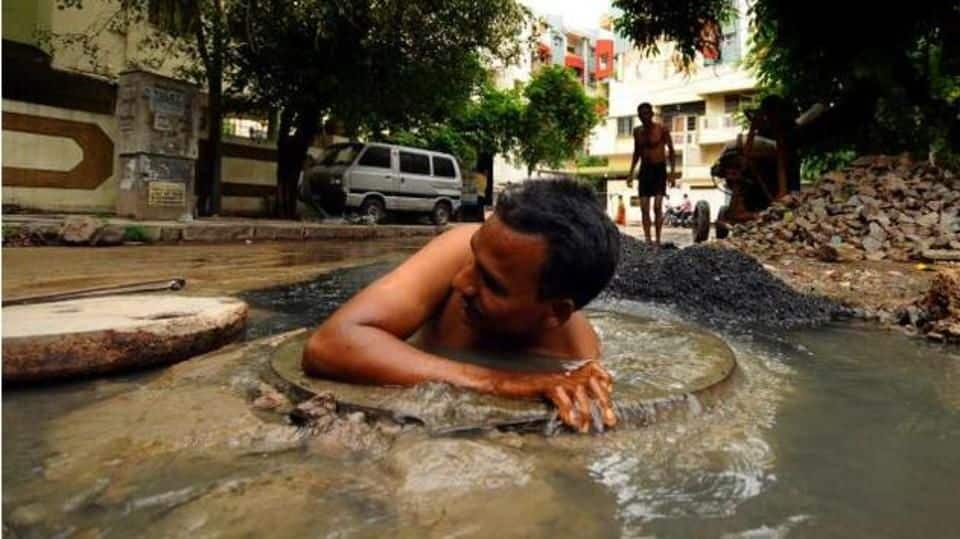
Kerala start-up has tech solution to sewer deaths
What's the story
Despite legal bans, Supreme Court interventions, and other measures against manual scavenging, the abominable practice continues in India. Since January this year, over 126 manual scavengers lost their lives cleaning sewers and septic tanks. However, a Kerala-based start-up called Genrobotics is now working with the Kerala government to put an end to this caste-based societal malaise through the use of robots.
Do you know?
No convictions were obtained under anti-manual scavenging law
The first legislation banning manual scavenging was The Employment of Manual Scavengers and Construction of Dry Latrines (Prohibition) Act of 1993. However, no convictions were obtained under the law up until 2013 when the new, more progressive M.S. Act 2013 was passed.
The Bandicoot
Meet Genrobotics' robot
Genrobotics, founded by eight young engineers, have designed a robot for eliminating sewer deaths. The robot, christened 'Bandicoot', which literally translates into 'rat', can enter sewers and clean them like a human. The Bandicoot has four limbs and a bucket system attached to a spider web-like extension. The 'shovel arm' clears garbage at the bottom of manholes, which is then collected by the bucket.
Quote
A robot with human-like features
"Initially, we designed a drone like structure that failed on testing. Then we conducted a month-long research and found that only a robot with human-like features will be able to do the job," said 23 year-old Vimal Govind, one of Genrobotics' founding members.
Government support
Despite government support, Genrobotics is in need of more funds
The Bandicoot, which comes with Wi-Fi and Bluetooth connectivity options for communications, will be launched in January 2018. The Bandicoot is currently being supported by the Kerala state government's nodal incubation and entrepreneurial development agency, the Kerala Startup Mission. Although Genrobotics received Rs. 10 lakh in funding from the Kerala Startup Mission, it requires more funding for a global launching platform.
Quote
Prevention of manual scavenger death is payment enough
"All of us have left our well-paying jobs to work on this project. We aren't getting any stipend for this work, but the hope that it will prevent any further deaths is payment enough," said 23 year-old Rashid, a member of Genrobotics' design team.